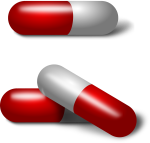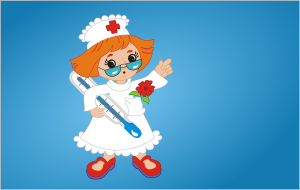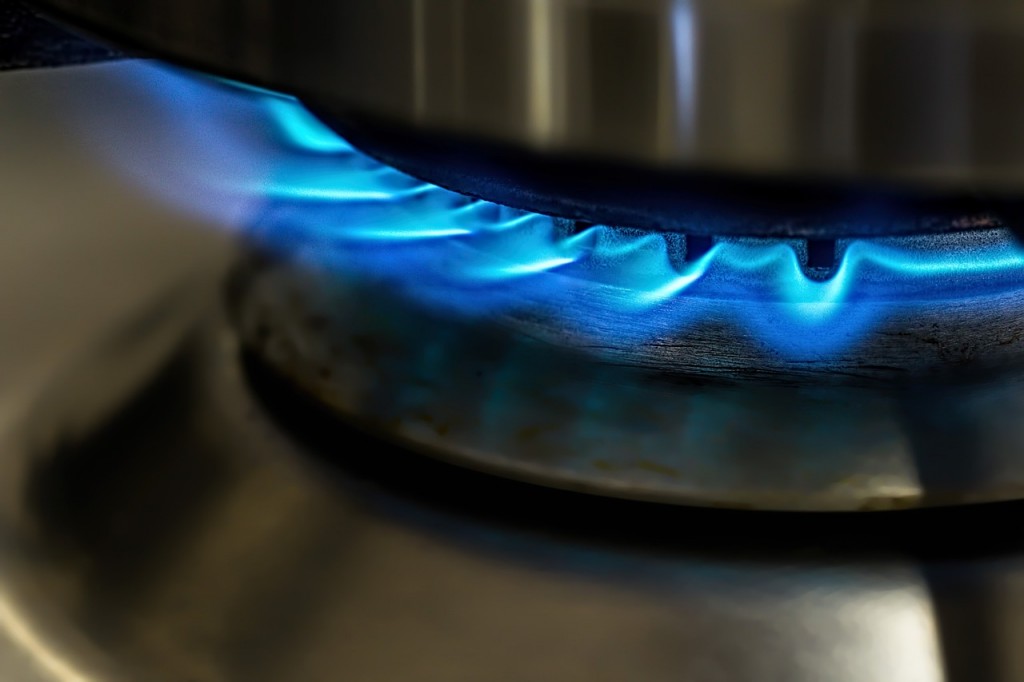The word chronic means constant, lasting a long time, or coming back again and again. When you have pain that has bothered you for more than 3 months and doesn’t seem to get better with time, you may be experiencing chronic pain. If you have suffered from drug addiction or alcohol abuse, dealing with Chronic Pain in Recovery may be challenging.
Major causes of chronic pain include:
- lower back problems
- nerve damage
- migraine headaches
- sickle-cell anemia
- arthritis
- pancreatitis
- fibromyalgia
- There are many other causes of Chronic Pain, and sometimes the cause is unknown.
Chronic pain can be difficult to bear. It can lead you to lose sleep. Often you will find yourself anxious and depressed. This leads to poor job performance and before you know it — you stop enjoying the things you did before. These changes can add stress, produce more pain, and trigger new health problems. If unmanaged, pain can become the center of your life.
Ignoring the Chronic Pain
If you have a history with drugs or alcohol, you may hesitate to seek medical care for your pain. If you have a history of mental illness, you may be equally reluctant. You may be afraid that people will judge you or think you are being dishonest (not sober). Or, you may be worried that you will be persuaded to take medications that could trigger your addiction. If you don’t know what’s causing the pain, you might be afraid that others will think it’s all in your head.
Disclose your past!
It’s very important that your care providers know your history of drug and alcohol use and about your progress in recovery. If they don’t ask about this, you should volunteer the information, so that they can develop a pain management plan that fits with your recovery plan. Be sure to mention if you are in recovery. Disclose if you are being treated for withdrawal with the help of medications, such as methadone, buprenorphine, or naltrexone. These medications can affect how pain medications work for you. Your doctor is required by law to keep this information confidential and not share it with others (such as employers) who are not involved in your health care.
Lower-risk medications are your first choice for Chronic Pain.
Since you are in recovery from mental illness or addiction, your best first choice for pain medication will be a kind that does not have addictive properties. Several such kinds of medications are available. Each has been found to be most helpful for particular types of pain. Some types are prescribed, and other types can be purchased at a pharmacy over the counter.

Your care doctor might have you take acetaminophen medication, which is typically used to treat headaches and aches and pains. Topical creams and ointments may offer some relief for pain in one particular part of the body, such as on the knee or elbow. Nonsteroidal anti-inflammatory drugs (NSAIDs) can be helpful for several types of pain, including bone pain or pain caused by swelling and inflammation.
Other medications that were originally developed to serve other purposes have been found to have pain-relieving properties for certain conditions. These include medications for depression, anxiety, and seizures.
Narcotic Medication sometimes might be appropriate
If your pain continues to persist at unmanageable levels,
the doctor may work with you to try an opioid (“narcotic”) medication. Opioids are strong medications that provide relief for some types of pain. However, even when they work well, they have limitations, and they can lead to abuse and addiction. Opioid medications will be recommended to you only if the potential benefits outweigh the risks. They will be prescribed with carefully set limits and boundaries, and only for as long as they are clearly helping.

A history of drug addiction or abuse does not necessarily rule out opioid medication for Chronic Pain. However, before you go this route, you and your care providers should carefully consider your recovery status, support network, and other factors that can help you avoid relapse. Let the medical professionals consider your recovery status to determine the kind and form of opioid that will be safest for you to take.
Other options to consider
- Herbs and vitamins—Nutritional supplements that may improve overall health and the body’s ability to resist pain signals
- Massage or vibration—The use of hands, rollers, or electronic devices to relieve muscles and reduce sensations of pain
- Acupuncture—The insertion of very fine needles into the skin at specific points.
- Exercise or Physical Therapy
Some medications for pain are not recommended for use with people in recovery. These include benzodiazepines (for anxiety) and cannabinoids (which are derived from marijuana).
Maintain your addiction recovery.
Relapse prevention is very important to pain management, and vice versa. Fortunately, many of the things that help with pain— such as having a positive attitude, keeping busy, and learning coping skills—help control cravings and prevent relapse. Taking an active part in your pain management has a double reward because it can strengthen your recovery from addiction while helping you manage your Chronic Pain.
Take action immediately if you have a lapse in recovery.
If you find yourself abusing your medication, noticing new or worsened psychiatric symptoms, or having cravings for alcohol or drugs, talk to your care providers or counselor immediately.

